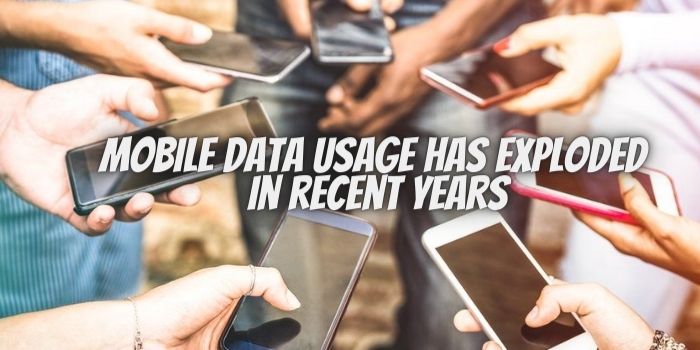Apps have gotten more data-hungry, and new versions are continually being sent out. Previously, web surfing was primarily text-based due to a lack of advancement in web technologies, but that scenario has changed as well.
Video streaming services are now widely used, and social media platforms such as Facebook and Instagram have included video services as a mass attraction.
On Android, reducing data usage has gotten increasingly challenging.
Even music apps come with plenty of ads that consume too much internet data. So let’s learn about ways to reduce data consumption while listening to music.
How To Reduce Data Consumption While Listening To Music?
You can download music from The Pirate Bay and listen to them as many times as you want, offline. But, this method may not be preferable to all. So, let’s find some other ways to reduce data consumption.
1: Use wifi
Almost every smartphone that can connect to the internet via cellular data can also connect over wifi.
Wifi is your best ally in the fight against data consumption, so use it whenever you can — at home, at friends’ houses, at work, and even in public areas like shopping malls and cafés.
To connect to these networks, go to the settings menu and press the wifi entry to bring up a list of available networks.
However, ensure the connection is secure; it’s best not to log into any private services like online banking when using public wifi because the connection isn’t always secure.
2: Close Apps When You’re Finished
You’re unnecessarily multiplying your data usage by running several apps. Make it a practice to close apps when you’re done with them.
You will save both battery life and mobile data by doing so. Apps that run in the background consume 30% of mobile data.
These apps can continue updating and downloading data even if you aren’t using them – this is known as data fetching.
Your music app, for example, can use data fetching to automatically download more songs even if you don’t have the app open.
Know here : How to Use a Mobile Tracker If Your Child Is Genius Enough?
3: Don’t Download Music While On The Go
Do you enjoy using Spotify, YouTube, or Pandora to listen to music? Then it would help if you took efforts to guarantee that you are not using up your data allocation by downloading music.
Music downloads can eat up a lot of bandwidth on your 3G and 4G subscriptions.
For example, a 5-minute standard-definition YouTube video will cost you 13 MBs.
Downloading music while on the fly can quickly pile up, so only do it if you’re desperate.
4: Avoid Playing Music Games
Without your knowledge, many smartphone games exploit data. For example, this data is used when your game gives a daily challenge or uploads your score to a global leaderboard.
Take games like Lost in Harmony, and Toca Dance, for example.
They exploit your data while listening to music on them and playing the games.
So, if at all possible, avoid playing music games without first connecting to a wifi network. Alternatively, turn off your mobile data while playing, and you’ll still be able to play without needing to download anything.
5: Monitor How Much Data The Music Apps Are Consuming
Some apps keep track of your data usage and notify you if you go over a set daily limit or are approaching your data cap.
In order to maximize your data savings, they should be utilized in conjunction with the preceding four procedures.
If you want to use these apps and find out how much data only the music apps consume, you can. Once you get an estimate, you can reduce your listening habit.
However, there may be other apps that are consuming more data than your music apps, so you can try deleting them too.
Conclusion
There are simply too many more ways to preserve data to list here, but the five techniques outlined here are the most frequent ones that most people have found to work for them.
If these techniques aren’t making a significant impact for you, and you just can’t control how much music you listen to every day, you should try switching to a phone plan with a more extensive data allowance.
If you want to know more about them, reach us in the comment section. We will come back with an answer in no time.
